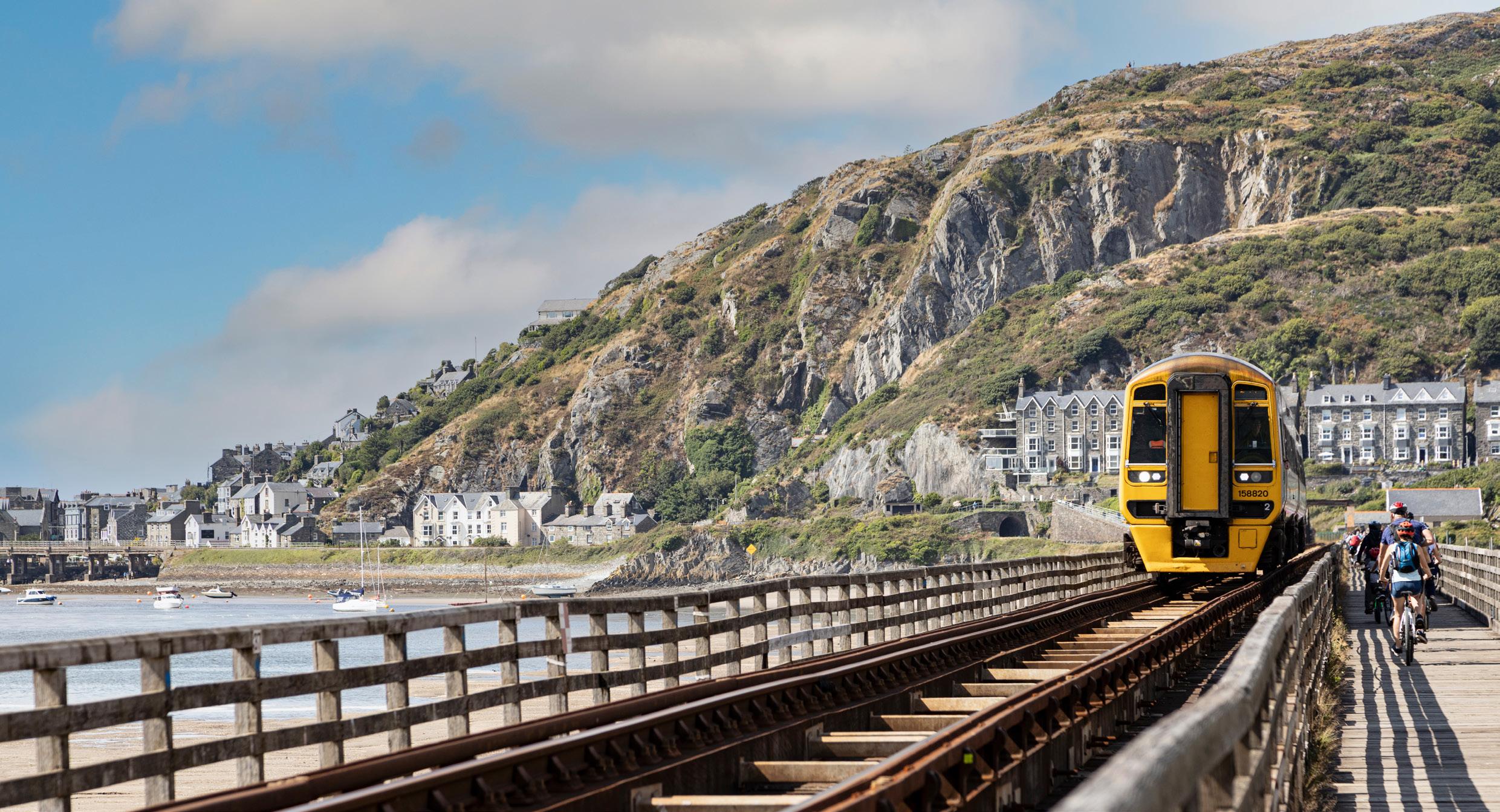Deliver on industry reform 2
Six years on from the commissioning of the Williams Review, rail reform needs to happen soon, in a planned way, to remove ongoing uncertainty over the future structure of the sector.
To get the best railway, and secure value for both fare payers and taxpayers, it needs to be planned as a whole system and for the long term. A unified approach to overseeing costs and revenues, both today and in the longer-term, is a prerequisite for progress. Industry structures and incentives need to change to facilitate this, which why reform must be a priority, including through legislation to create Great British Railways.
The context for the railway changed significantly during the Covid pandemic, with unprecedented Government intervention required. As a result, central government (both the Department for Transport and the Treasury) has been more involved in the detail of running the railway than at any time since privatisation. Detailed decisions on enhancement schemes, train operations and rolling stock now sit within central government, and are separate from decisions on operating, maintaining and renewing infrastructure.
To unlock innovation, operational railway decisions need greater separation from day-to-day government interference. Getting the relationship right between the Department for Transport and Great British Railways will be fundamental for success. Reform is a huge opportunity to reset responsibilities and shift the Department for Transport’s (DfT’s) role back to strategic oversight and holding to account.
It is also urgent to improve incentives to grow industry revenues, which will help support a financially sustainable railway. The focus in recent years on short-term cost management with tight control by central government risks eroding future revenues by failing to grow ridership and deteriorating the future quality of service.
There needs to be a plan to grow revenues sustainably over the longer term which will require strong and aligned incentives across the industry and commercial expertise in serving customers. There is also a need for more pilots and innovation to understand what approaches work best since the mix of passenger journeys has changed following the pandemic.

“Operational railway decisions need greater separation from day-today government interference.”

What is RIA doing?
Since the Williams Rail Review, RIA has pushed for reforms to support a more efficient and dynamic industry. We continue to work with the Great British Railways Transition Team, as we have throughout, representing supplier interests and facilitating engagement with the supply chain.
In 2022 we published Five Tests for Great British Railways (see opposite) and continued to campaign for clarity and progress on reform. Following a cross-industry letter to the Prime Minister in 2023, coordinated by RIA, we saw a Draft Rail Reform Bill included in the Kings Speech.1 RIA has given evidence at the Transport Select Committee, suggesting practical improvements to the draft legislation, and is ready continue to provide advice on implementing reforms in a way that will get the best value from the supply chain.2
A planned transition in partnership with industry
Businesses now need to see a clear and realistic timetable to implement reforms.
Great British Railways must be responsible for planning and delivering the railway in partnership with businesses, devolved and regional governments and authorities. DfT should provide clear objectives and constraints, whilst overseeing and holding Great British Railways to account, supported by independent regulation.
Too much control from either DfT or Great British Railways could stifle innovation and investment. Businesses will need freedom to try new approaches to help attract passengers, for example, through modernising ticketing or dynamic timetabling.
There will need to be safeguards so that businesses have the confidence to invest for the long-term, and incentives to innovate for the benefit of the railway. To attract investment, either by businesses or other parts of the public sector, there must be trust that decisions will be taken in the interests of the whole system, not just in the short-term financial interests of Great British Railways which will of course be subject to budget constraints.
It is essential that Great British Railways establishes a positive new culture from the outset. However, the proposed designation of Network Rail Infrastructure Limited (NRIL) as the legal basis for creating Great British Railways will help minimise disruption during the transition because it avoids the need for costly and complex transfer of supply chain contracts to another body.


